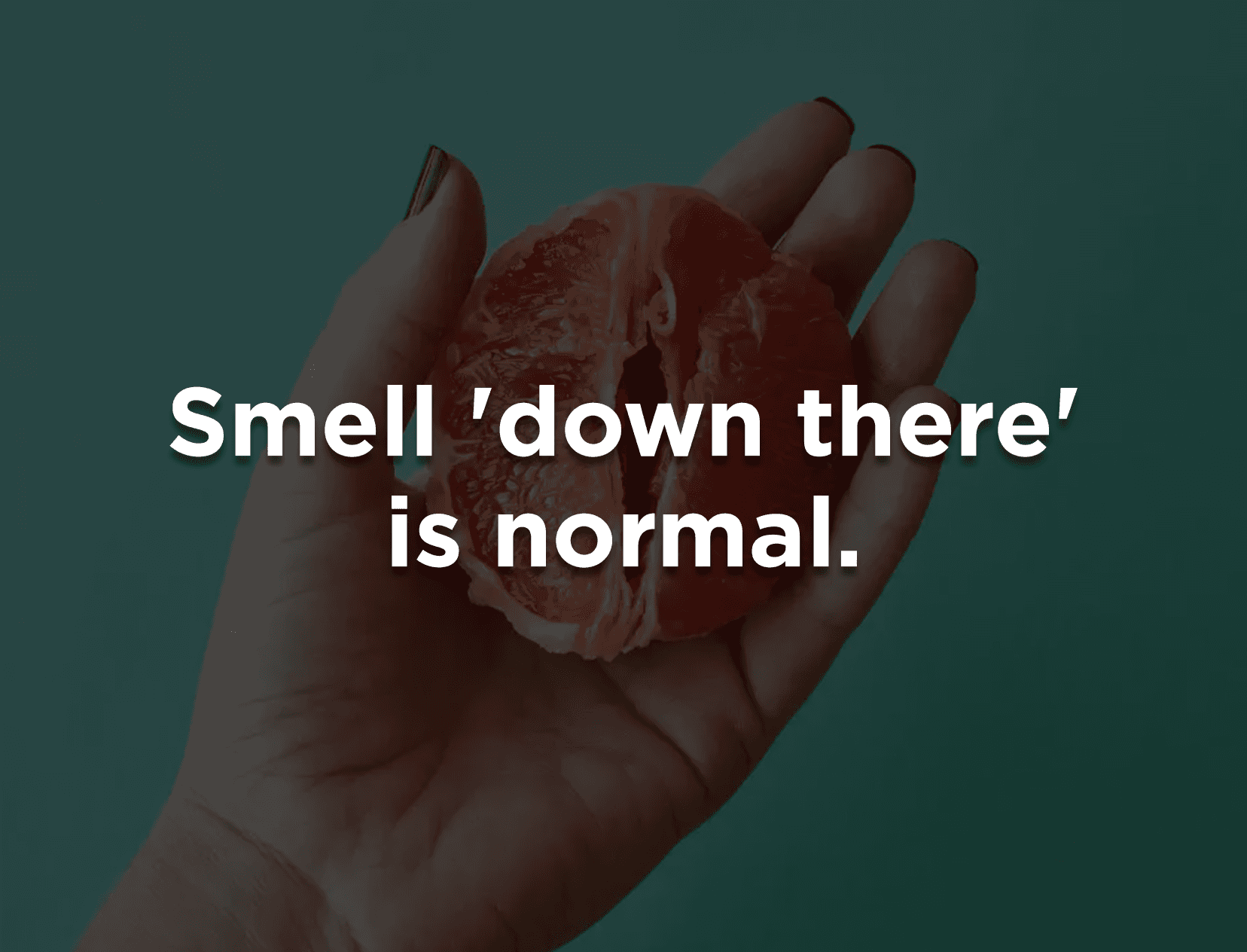I was in class VI when my school teachers summoned all the girls in my class to one big hall and introduced the concept called ‘periods’. The session was a little over 10 minutes, and it touched the basics in the most superficial manner possible. You know, more like, “This happens to girls, and here’s how you deal with it. Get over it.”

I grew up to discover many women my age were shocked to learn that I had received a session at all. They hadn’t received one. For them, periods were only ever discussed in hushed whispers with female classmates and ‘reproductive system’ was that chapter from a biology book their professor asked them to read at home.

Little is known about women’s bodies and discussed openly, even today. As if it were some profanity not to be uttered out loud in public. There’s a reason why some retailers still wrap pads in black polythene as if they were something to be ashamed of. Or, some people think women pee from the vagina, devoid of an understanding there’s something called urethra, present both in male and female sex.
And vagina? That land of absolute mystery people mistake for a vulva. There’s so much people still don’t know about it, and here are 13 of those lesser-known things –

1. Vagina ages as you age & that is absolutely normal
Like the rest of your body, the vagina grows with you. There are changes your vagina experiences as you hit menopause. Your vaginal lining goes thinner as you lose estrogen, and it may feel dry down there. According to Care for Womens Medical Group, the lack of estrogen also reduces pubic hair growth.

2. ‘Tampons’ CANNOT get lost inside your vagina. You can’t lose something down there
This may come as a surprise, but it’s not within the realm of possibility to lose something inside your vagina. Take tampons, for instance. The vagina is as far as it can go, even if the string breaks. It can go further inside the vagina but not in some mysterious land of nowhere. Visit a doctor, if you must, in case you’re having some serious trouble in removing the tampons.

3. Vagina is ‘moderately acidic’ as compared to the rest of your body
According to Healthline, the vaginal pH is normally between 3.8 and 4.2. This means it’s more on the acidic side. But it can vary according to age.

4. You can reach orgasm without vaginal penetration
The popular understanding of sex and orgasm is in context with vaginal penetration. However, most women are unable to climax with vaginal penetration alone, according to Mayo Clinic. It is usually the additional involvement of clit stimulation that does the deed.

5. Vaginal tears are common during delivery
Vaginal tears during childbirth are absolutely common. According to Cleveland Clinic, the tears occur in the tissue surrounding the vagina and perineum (the area between your vagin and anus). Their treatment varies as per their severity. Apparently, up to 90% of women experience some sort of tear during childbirth.

6. Vagina is self-cleaning
That’s their nature. Yeah, so this, in extension, essentially dismisses the need for all those external products that come with a promise to refresh you down there because it’s self-refreshing. However, what you should do instead is wash your vulva with warm water delicately.

7. Not all people with vagina were also born with a hymen
Hymen is a delicate thin tissue located at the opening of your vagina. There’s a popular association of hymen with a woman’s virginity, which is not only highly regressive but also baseless. Hymen doesn’t break as much as it stretches out or tears. And this could be during any physical activity or even while using tampons. Moreover, some people with vaginas are even born without a hymen.

8. Your vagina doesn’t get loose with an active sex life. That’s a myth
This myth was built to induce stress in our lives as if everything else just wasn’t enough. The vagina, in its nature, is elastic and very accommodating. So, an active sex life doesn’t mean your vagina would loosen up over time. During penetration or childbirth, it would stretch momentarily, but then it would always return back to its normal state. It would grow as you grow but won’t ‘loosen up’ as one would perceive.

9. Smell ‘down there’ is normal
All healthy vaginas have a distinct and mild smell. There’s no such thing as smell-free vagina. And unless that smell down there is extremely pungent, which is when you should consult a gynaecologist, there’s nothing to worry about.

10. There are multiple erogenous zones and G-spot is only one of them
That super intense area inside the vagina, which, upon stimulation, can evoke orgasm and immense sexual satisfaction is G-Spot. But do you know that’s not the only area capable of high-intensity orgasm? A woman’s body has multiple erogenous zones, including A-spot and O-spot. A-spot is somewhere along the front vaginal wall, some 4-6 inches back, according to Healthline, whereas O-spot is located near the clitoris.

11. Not all people with vagina are women
People with vaginas are the ones who were assigned female sex at birth. It is important to understand that gender and sex are different. People who were assigned the female sex can identify with different gender identities.

12. The vagina is a part of the vulva and not the other way round
Vulva is an all-encompassing organ that includes the clitoris, urethra, vaginal opening, outer lips (labia majora), and inner lips (labia minora). Its shape and size vary in different people.

13. If your vaginal muscles involuntary contract during any type of penetration, it could be because of ‘vaginismus’
Vaginismus is a sexual dysfunction that isn’t talked about enough. If your vaginal muscles tense against your will during any type of penetration, like inserting tampons or menstrual cups or trying penetrative sex, it could be because of psychological reasons or other medical conditions that have been linked to vaginismus. It is more common than what you know.

The amount of half-baked knowledge around women’s bodies is alarming. I personally know of people who thought women pee from vagina. It’s scary!



